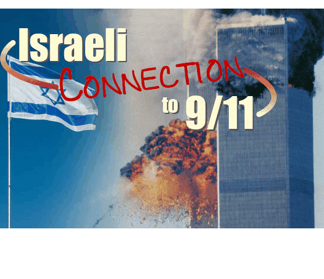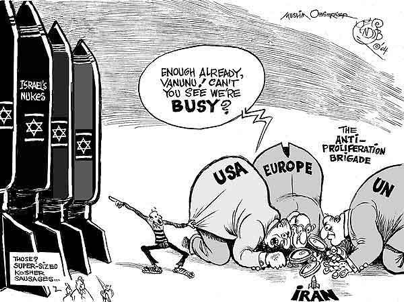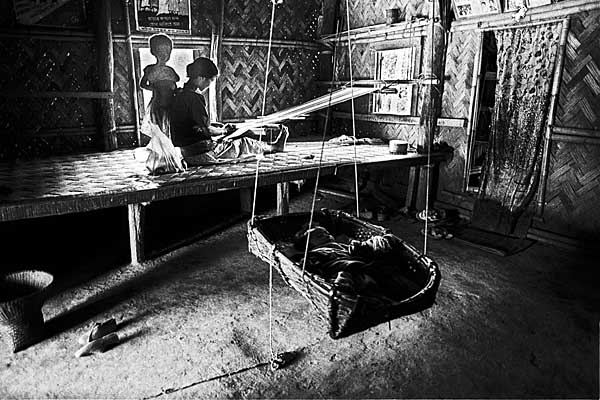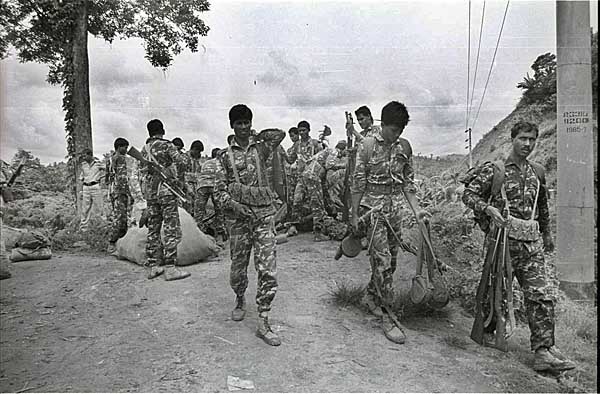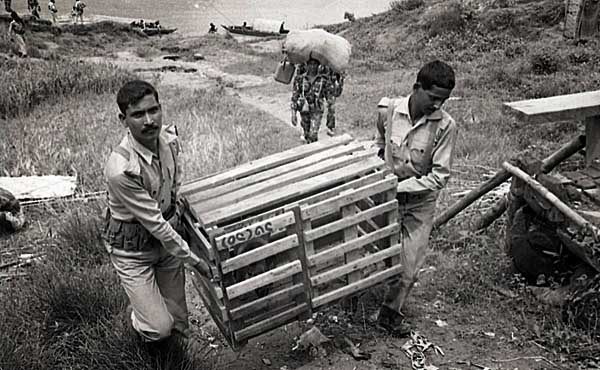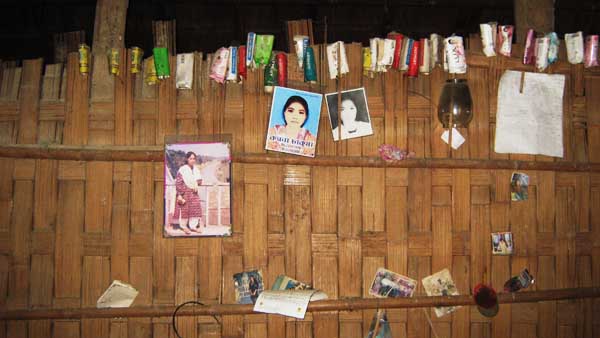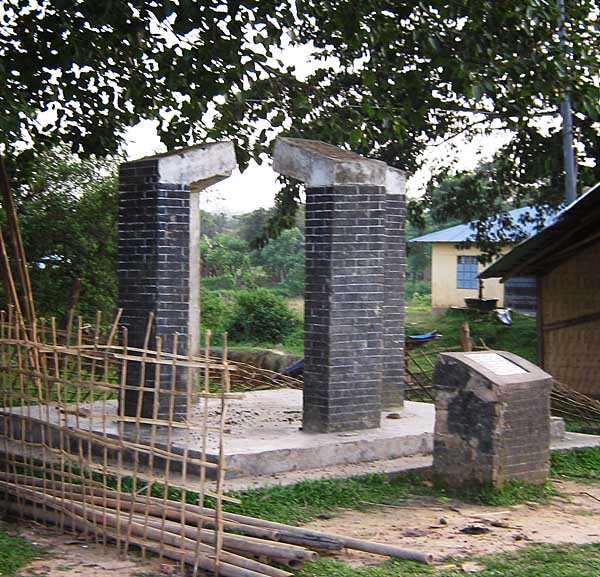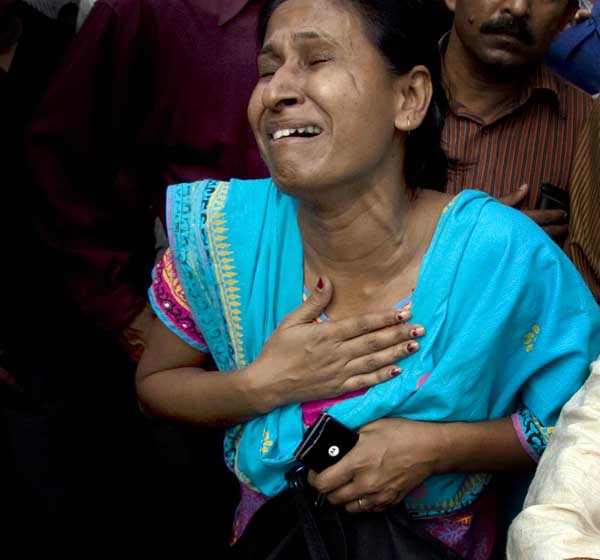By Rahnuma Ahmed
“We’re an empire now, and when we act, we create our own reality,”
an unnamed Bush official told reporter Ron Suskind,
quoted by Eric Alterman, Bush’s War on the Press, The Nation (2005)
Even when the US hadn’t been the only empire around, powerful members of the American administration had collectively attempted to create their “own reality.” One such plan, Operation Northwoods, consisted of staging terror attacks. To justify the launching of a war against Cuba. To (of course) defend America.
The secret plan was drafted by the US Joint Chiefs of Staff in 1962, signed by its Chairman, and sent to Robert McNamara, secretary of defense. Declassified in 1997 by a federal agency overseeing records relating to president John F Kennedy’s assassination, the plan proposed real or simulated actions against various US military and civilian targets: landing `friendly’ Cubans to attack US base (Guantanamo). Sinking a boatload of Cubans en route to Florida. Building a Soviet MIG aircraft to be flown by an American pilot, which would attack and destroy a US military drone aircraft. Launching a wave of violent terrorism (bombings, hijackings) in Washington D.C. In Miami. Elsewhere, too. The desired result? To convince Americans and the larger western public that the Cuban government was not only “rash and irresponsible” but a threat to peace in the Western Hemisphere. That America had no option but to `retaliate.’
Operation Northwoods was not implemented because, as the story goes, Kennedy had rejected it. But other false flag operations designed to create America’s own reality?to deceive the public, to manufacture support?have been successfully conducted. Of course, America is not the only culprit, as history attests. The Japanese blew up a section of the railway to annex Manchuria in 1931; kidnapped one of their own soldiers to invade China proper, 1937. The Soviets shelled their own village near the Finnish border, 1939. The Israelis secretly sponsored bombings of US/British interests in Cairo to sour relations between Egypt and the West, 1954.
Central to America’s “our own reality” story are two myths: it is America’s enemies who are `sneaky.’ The government goes to war only to `save the lives’ of US soldiers. Historical research proves otherwise: president Roosevelt let the Japanese attack Pearl Harbor (1941). Nearly three thousand American service men including civilians were killed which by fuelling public outrage at Japan’s so-called sneak attack, enabled FDR to overcome massive opposition to war.
According to America’s ideologues, if Hiroshima and Nagasaki had not been bombed?still described in official history as the “least abhorrent choice”?the lives of 500,000 American soldiers would have been at risk. But in reality, as people connected to history know, Japan was ready to surrender.
Dissenting opinion did exist, and in powerful circles, too: Japan was already defeated, dropping the bomb was completely unnecessary (Dwight Eisenhower). The lethal possibilities of atomic warfare are frightening (Admiral Leahy, chief of staff to presidents Roosevelt and Truman). The use of the atomic bomb, with its indiscriminate killing of women and children, revolts my soul. (Herbert Hoover, 31st US president). There was no military justification. I was not consulted (General Douglas MacArthur).
More than 103,000 people died in Hiroshima and Nagasaki. There were unrecorded deaths. There were slower deaths, caused by radiation.
But surely, just because previous US administrations have committed false flag operations, it doesn’t mean that 9/11 too, is an inside job? Granted. True. Except that when one looks at the mass of evidence, including oral testimonies, diligently gathered by physicists, pilots, architects, structural engineers and a host of other professionals (firefighters, whistle-blowers) over these last couple of years, also by grassroots people, under the rubric of what has come to be known as the 9/11 truth movement, even the blind are bound to be convinced.
What persuaded me most was the strange response of the Bush administration. Why was the government reluctant, why should family members of 9/11 victims have to insist that a commission be established to investigate the failures that made 9/11 possible? Why did Bush want someone as disreputable as Henry Kissinger, former US secretary of state (who should be tried for war crimes in Bangladesh and Cambodia for starters), to head the Commission? Why should Bush and vice-president Cheney agree to testify before the Commission on the condition that they should not have to take the oath, that their testimony should not be electronically recorded nor transcribed, nor made public? Why did the Commission co-chairmen allege later that the CIA had not cooperated with the Commission? Why did NORAD (North American Aerospace Defense Command) and FAA (Federal Aviation Administration) officials provide inaccurate information in their testimony to the Commission, and in media appearances? Why should the Commission have to use subpoenas and force NORAD and FAA to release evidence? Why did the Commission chairmen say that the Commission was “set up” to fail? Why did the NTSB (National Transportation Safety Board) not hold enquiries into any of the 4 plane crashes, which is required by law?
Another thing that I find odd, like many others, were the words blurted out by Bob Kerrey, a 9/11 Commission member. Several months ago he was pressed by a member of We Are Change who said, according to the constitution, a cover-up of an act of war is treasonous, the Pentagon continually changed its story, the country needs to get to the bottom of 9/11 etc., etc.,
Bob Kerrey: It’s a.. the problem is that it’s a 30 year old conspiracy.
Jeremy Rothe-Kushel: No, I’m talking about 9/11.
Bob Kerrey: That’s what I’m talking about too. Well anyway, I gotta go.
Listening to Kerrey reminded me of what the Bush official, who I quote at the head of the column, had gone on to tell Suskind, “And while you’re studying that reality?judiciously, as you will?we’ll act again, creating other new realities, which you can study too, and that’s how things will sort out. We’re history’s actors…and you, all of you, will be left to just study what we do.”
General Leonid Ivashov, former joint chief of staff of the Russian Armed Forces did just that. Having found the free-fall collapse of the towers disturbing, he instructed his staff to search for answers. Three days later he came to the conclusion that the 9/11 attack was the result of “a clash of interests among US leaders.”
While more recently, a Vietnam war veteran, former director of studies of the US Army War College, Dr Alan Sabrosky, has come out with the bold statement that 9/11 was not only `an inside job,’ but more specifically, a CIA-Mossad job. Nine-eleven would have been impossible to stage without the full resources of the CIA and the Mossad. Its Building 7, he says. It was not hit by a plane but still went down. “If one of the buildings was wired for demolition, all of them were wired for demolition.”
And it was my column on Sabrosky that yielded me accusations of being anti-Semitic. I wonder whether part of the problem lies in the strong western belief, an indissoluble one, that `the government loves them.’ Despite the history of false flag operations.
May be the Bush official, utterly contemptuous and disdainful as he was, knew what he was talking about. We create our own reality. And our people fall for it.
First published in New Age

